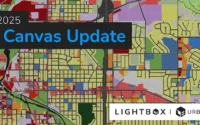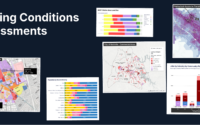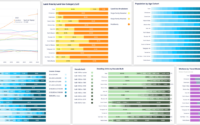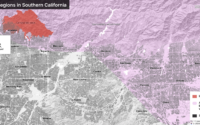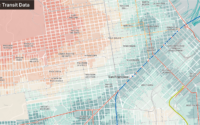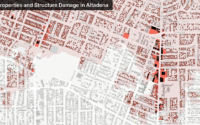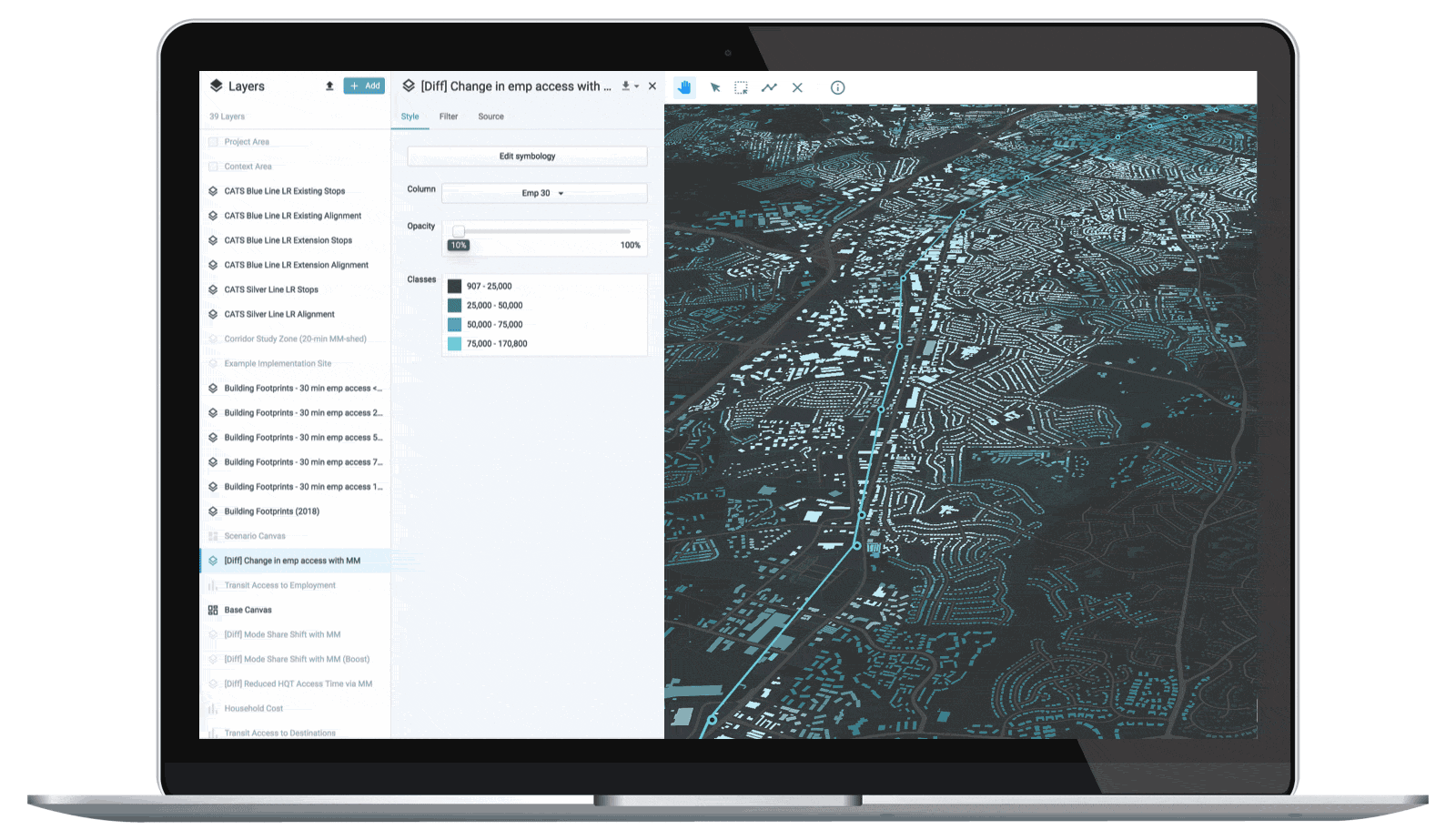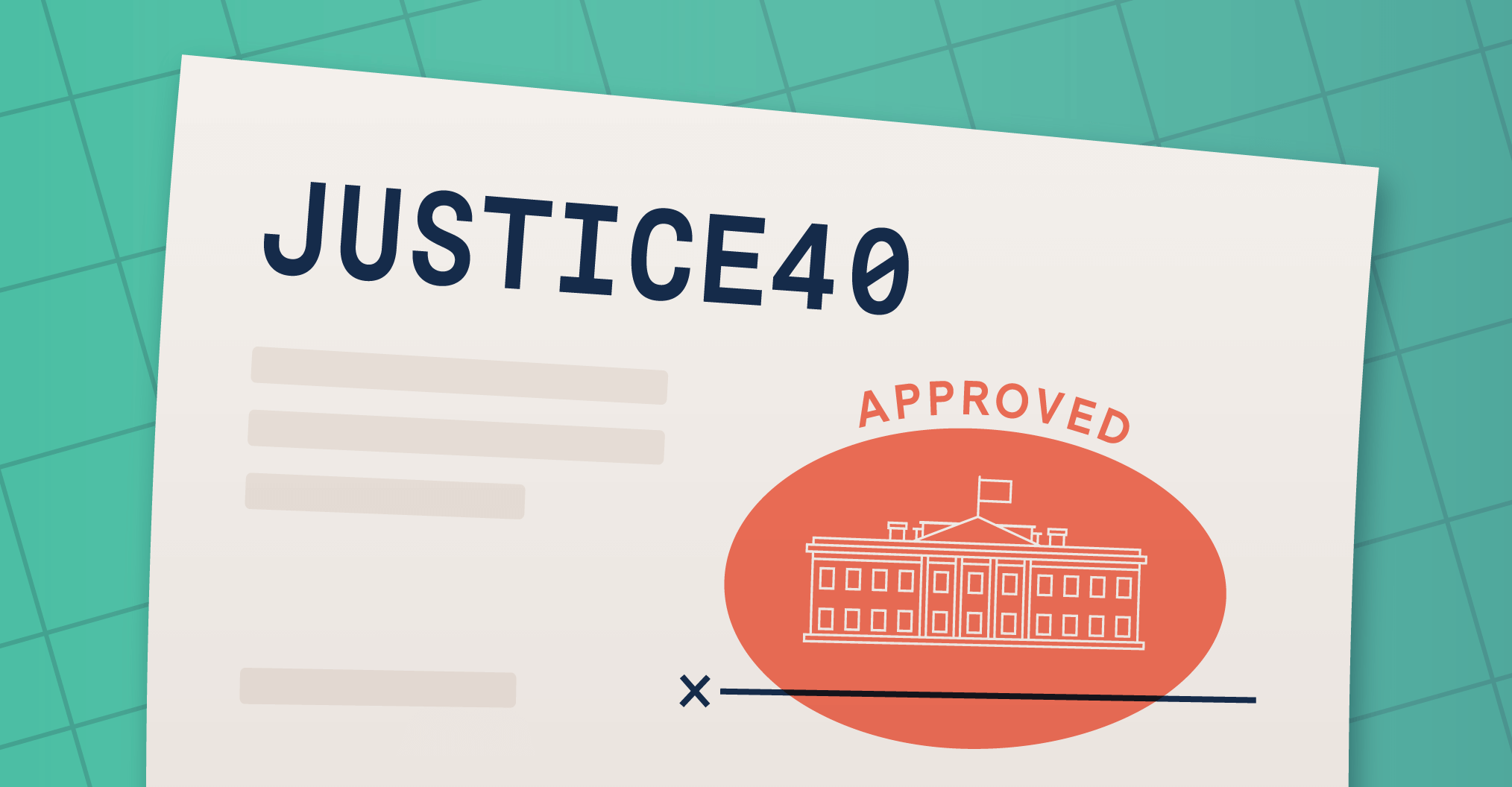
Within weeks of taking office, President Biden established the Justice40 Initiative, a commitment to delivering at least 40 percent of the overall benefits from federal investments in climate and clean energy to disadvantaged communities. The White House has now taken additional steps to delivering real impacts to those communities with the recent announcement of equity plans across all 90 federal agencies, including all Cabinet-level agencies. UrbanFootprint applauds this milestone in addressing equity in service delivery across the country.
The newly released equity plans will direct federal resources into the most vulnerable communities that experience the impacts of climate change disproportionately. A heat wave, for example, is felt very differently for a resident in an RV than an air conditioned and well-insulated home surrounded by dense tree canopy and shade. UrbanFootprint’s mapping and data capabilities enable our users to zoom in on a project area to identify where land uses (RV versus single-family homes), vegetation (tree canopy), heat data, income data, and health metrics intersect in important ways to improve service delivery and meet the equity goals established by the federal government.
Embedding equity and racial justice into strategic planning, policy, funding, and investment decisions is at the heart of UrbanFootprint and one of our core values as a mission-driven, impact-focused startup. We are tackling the equity and racial justice challenge head on by building our products and data core to offer the most relevant, fresh, and granular data available. Our products enable our government, utility, non-profit, and private-sector customers to identify the most vulnerable communities and the most effective courses of action to achieve community resilience.
Our energy-focused product, Grid Resilience Insights, integrates customer data from utilities on where medically-dependent customers live and provides a more holistic view into community exposure by incorporating our risk data on natural disasters such as heat waves, wildfires, flooding, sea level rise, landslides, and more. We then layer in community vulnerability data which takes into account community health, education, employment, income, race and ethnicity, public housing, walkability, and much more. Taken all together, this paints a far more insightful view for our customers about where the most vulnerable residents live and where infrastructure upgrade investments are best deployed.
The White House’s leadership enables the Department of Energy and other federal agencies to embed equity and racial justice into key investment and program decisions on the ground at the local, regional, and state levels. UrbanFootprint is poised to be a significant tool in empowering government stakeholders to ensure equity and justice are served in the most vulnerable communities.
Reach out to our energy team to learn more at adapt-better@urbanfootprint.com.
